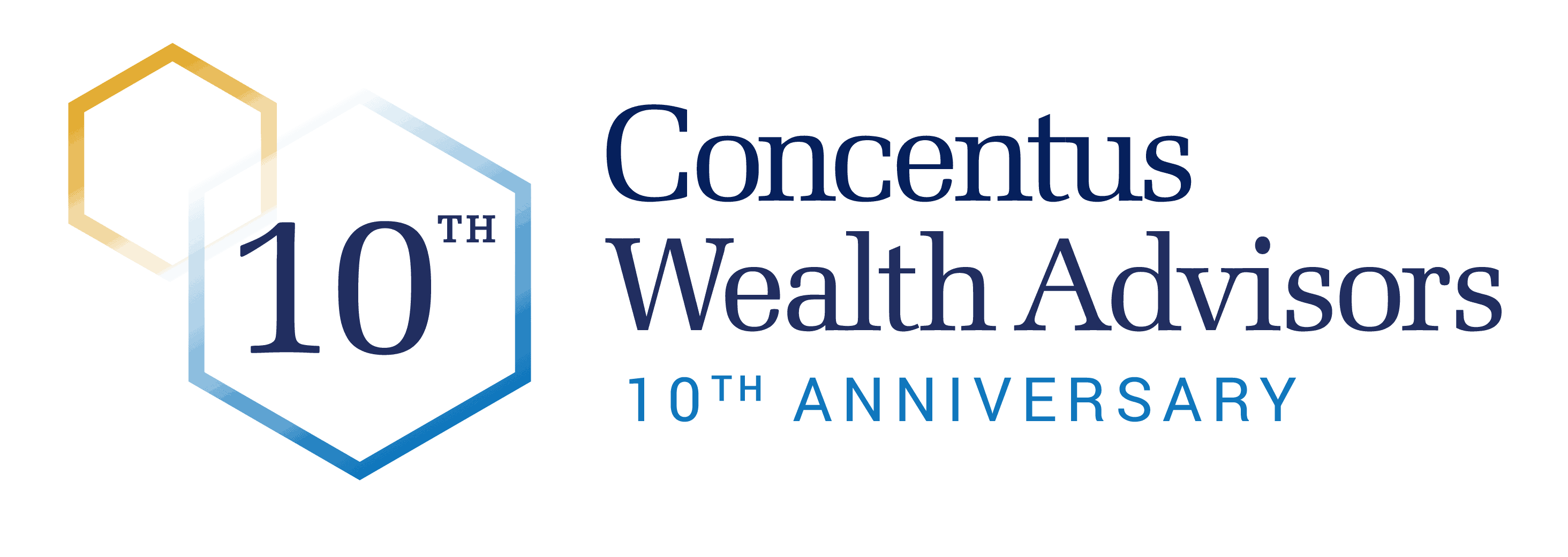Nick Murray is a noted author and consultant in the financial services industry. We are subscribers to his monthly newsletter, which is a wonderful publication filled with great wisdom every month. This week he sent out a Christmas message to all of his subscribers which we found so wonderful we felt it should be shared:
A Christmas Carol
Dickens’ A Christmas Carol was published on December 19, 1843, and has never been out of print from that day to this. I read it every year, and never fail to pause for a moment when the narrator describes a nightmare in which Scrooge’s solid British assets are transformed into “a mere United States’ security.”
For those were the days when America was a capital-starved emerging market, and when the wealth of Britain had sought profitable investments across the pond. Instead, in the severe depression of the early 1840s, U. S. state debt plunged to fifty cents on the dollar. Pennsylvania, Mississippi, Indiana, Arkansas, Michigan and the Florida territory had defaulted by the time Dickens wrote, and even U.S. government bonds were shunned everywhere.
The American banker who had vouched for so many of these loans, George Peabody, said in those days that whenever he met a British investor, he felt shame. Yet within ten years, Peabody had taken into partnership Junius Spencer Morgan, whose son, John Pierpont Morgan, would finance the emergence of the United States as the most powerful economy in the world. Pierpont, born the year Andrew Jackson finished killing America’s central bank, would die the year the Federal Reserve was created. At his birth America was in financial chaos; he left it an economic hegemon.
I was born a hundred years after A Christmas Carol was published, and have seen America appear to fall on many occasions, only to rise again to new and undreamed-of heights. In my time, we went from providing six billion of the seven billion barrels of oil the Allies consumed in WWII to abject dependence on a foreign oil cartel. I vividly remember a day in 1968 when U.S. sovereign debt was unsalable in Paris, as Europe expected us to abandon the gold standard at any moment. Between that year and 1980, U.S. common stocks (adjusting for inflation) lost over 70% of their value. Most recently, I watched the entire global financial system go to the brink, driven by (of all things) an implosion in the value of the American single-family home.
Yet here we are again, the predominant economy of the world, with the values and dividends of our great companies soaring, and household net worth at an all-time high. Inflation-adjusted GDP was $2 trillion the year I was born (1943), and will end this year just shy of $17 trillion, an increase of eight and a half times. Yet population has barely grown two and a half times. Surely this is the greatest leap in per capita GDP in the history of the planet.
Meanwhile, in my lifetime, the S&P stock index has gone from 12 to 2,200, ignoring dividends. That is, equity values have increased 180 times, while the Consumer Price Index rose a mere fourteen times. U.S. common stocks have thus, despite all the crises, been the greatest generator of real wealth for the largest number of people that the world has ever experienced. And equities continue to be the only asset class that fully captures human ingenuity. Second only to love, that’s the most powerful force on earth.


Leave A Comment